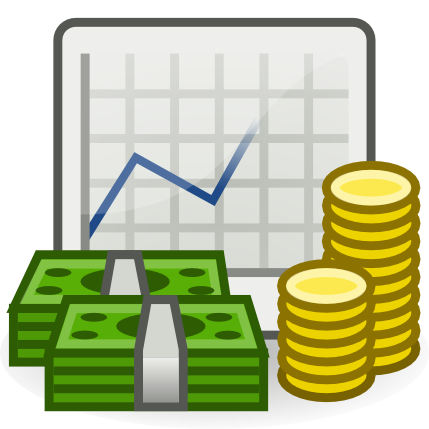Economic Systems
Economic Systems:
Traditional, command, market, and mixed economics.
Traditional economics:
Traditional
economy is a type of economy wherein customs and even beliefs of the people in
every generation is highly highlighted. This is an economic system wherein all
the resources are effectively and completely distributed based on its
inheritance.It is based on agriculture, fishing, hunting,or some combination of the above.It is guided by traditions. Other words, based on gathers and hunters.
Positives: Traditional economies rely on custom and tradition, the distribution of resources is mostly well known and reliable. Also, everyone knows their role in production. Traditional economies are usually less destructive or dangerous to the environment, and are therefore sustainable, strong.
Negatives:
Traditional economies are very unsafe to changes in nature, especially with the weather. Because of the weather traditional economies limits the population growth.
When the harvest or hunting is poor, people starve and struggle. They are also have a hard time to market or command economies that have high ranked resources to use in war or take away needed natural resources.
Countries that is based on traditional economics: America, Canada and other countries mostly in Africa
Command Economics:

A command economy is a system where the government, determines what goods should be produced, how much should be produced and the price at which the goods will be offered for sale, unlike the free market economics. The command economy is a key feature of any communist society. The decisions are made by directives, laws and regulations.
Positives:
- Resources are quickly and effectively organized on a large scale.
- Industrial power is created, boosted and massive projects completed while attaining imperative social goals. Meaning the powers of factories increases.
- Informs the Government About the Needs and demands of People.
Negatives:
Even though, the command economic based system informs the government of the needs of people, The needs of the society are often ignored for the betterment of the economy. Workers are not given options on where they can be employed or where they can move.
The amounts of goods being produced are not balanced. A item will be largely produced but another will not have enough to support the economic needs. The government that controls the economy has difficulty balancing up-to-date information about the needs of the consumer, even they thought they tries.
Countries that is based on command economics: China, Cuba, North Korea and the former Soviet Union.
Market economics:
Market economics is based on supply and demand where the prices of goods and services are determined within a free price system. This system encourages economic freedom.
Positives:
The market gives producers an incentive to produce goods that consumers want and to earn useful skills. The market system involves a high condition of economic freedom. Also, the market economy makes the employees work harder due to the threat of losing their job or being laid off because the product or service is not selling. Lastly, it encourages people to step up and try their hand in the market economy. It especially encourages the entrepreneurs to start up a business and sell merchandise or offer services at competitive rates. These factors make a country based on market economics hard working and strong.
Negatives:
The government makes the working conditions and long hours for less pay and few benefits for workers. This can lead to increase of child labour. Many items gets over produced and this is not good, because the cost of the items will be driven lower and the manufacturers must unload the goods.Having the market economy system will lead to periods of economic crises. The economy will stop growing when goods are overproduced and workers are then unemployed. The situation cycles over and over.
Counties based on market economies: Denmark, the United Kingdom, Hong Kong and Mauritius have a market economy
Mixed Economics
Mixed economy as the name suggests is an economy where all the activities related to production and other activities are carried out by participation of government and enterprises.
Positives: it takes the benefits of capitalist nature of private companies and socialist nature of government. Also, it allows individuals to run their business and make profits. Moreover, some incentives are given and resources is divided well.
Disadvantages: under this economic system, private enterprises have to face lot of difficulties because of various government has favouritism. Also it tends to lean more toward government control and less toward individual freedoms.mixed economy is most commonly associated with social democratic parties or nations run by social democratic governments.
countries: Iceland, Sweden and France











